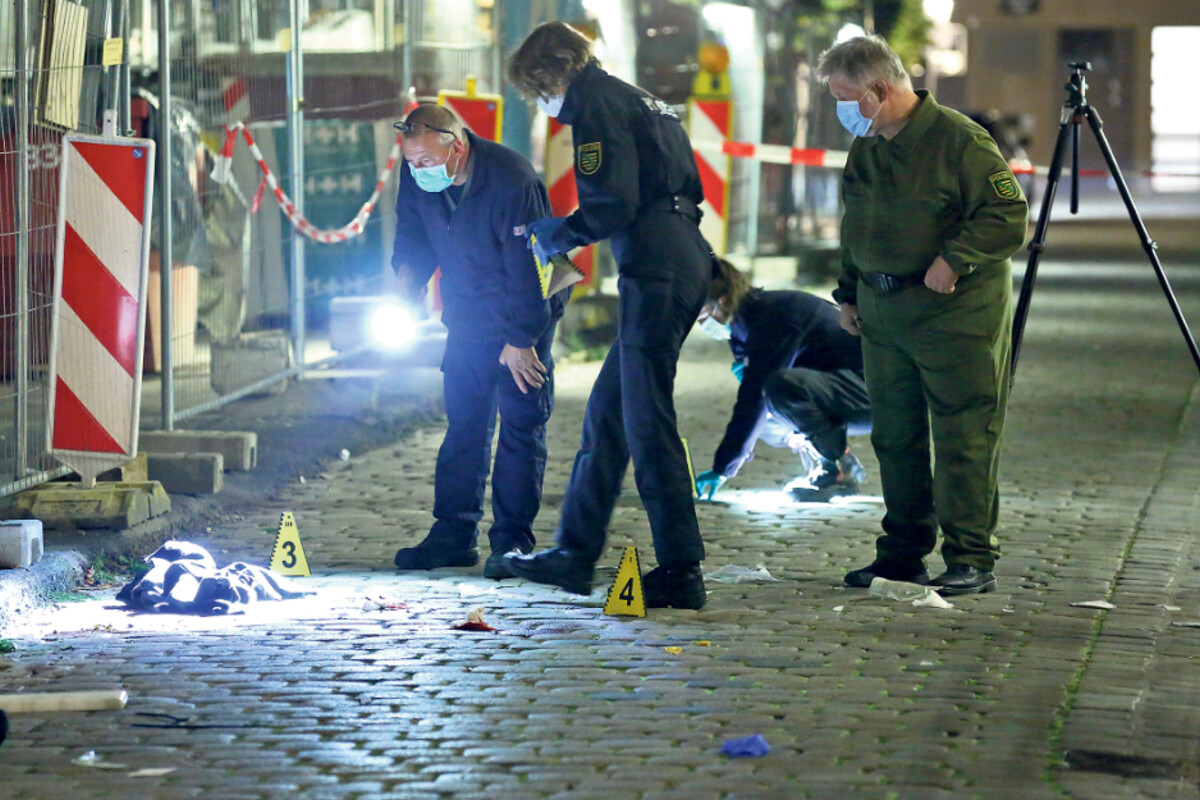Russian officials said on Friday that opposition leader Alexei Navalny had not been poisoned, but had suffered from inflammation and metabolic disorders of the pancreas.
On August 20, Navalny was ill during a flight from Tomsk to Moscow, and was unconsciously taken to Omsk Hospital with symptoms of poisoning. On August 22, Navalny was transferred from Russia to Germany, where he was treated by the Charite clinic at the University of Berlin.
On 2 September, Germany announced that indisputable evidence had been obtained that Navalny had been poisoned by a nerve-paralyzing warfare substance belonging to the Novichok group. This conclusion has also been confirmed by laboratories in France and Sweden, as well as by the Organization for the Prohibition of Chemical Weapons (OPCW).
The Siberian Federal Transport Administration of the Russian Ministry of the Interior has said that doctors who cared for Navalny before he was transferred to Germany have confirmed their previous diagnosis – “metabolic disorders and chronic pancreatitis”.
“The diagnosis of poisoning (..) has not been confirmed,” the administration said in a statement.
The administration has also stated that no toxic substances were found on Navalny’s clothes or on the items in his hotel room or at the airport café where he was seen before leaving Tomsk.
The European Union (EU) has already sanctioned several Russian officials in connection with the poisoning of Navalny, stating that the crime could not be committed without the involvement of the Federal Security Service (FDD), the Ministry of Defense or even the administration of President Vladimir Putin.
Navalny himself claims that Putin is personally responsible for his poisoning, while the Kremlin has categorically denied any involvement in it.
Meanwhile, Sergei Narishkin, head of Russia’s Foreign Intelligence Service (SVR), said on Friday that NATO nations had conspired to use Navalny as a “sacred victim” to fuel protests in Russia.
–
–


